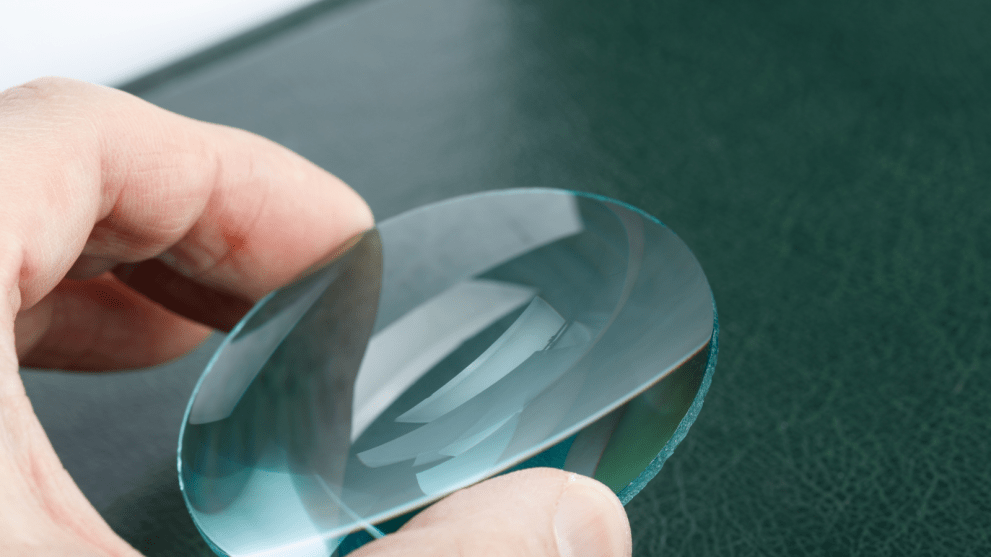The Commission approved on 16 December last, under EU state aid rules, Spanish aid worth €81 million to support Diamond Foundry Europe in setting up a new factory for the production of semi-conductor grade synthetic diamonds in Trujillo. The measure will contribute to the EU’s strategic objectives related to job creation, regional development and the greening of the regional economy.
The Spanish aid
Spain notified the Commission of its plans to support Diamond Foundry Europe in setting up a new plant in Trujillo (Extremadura).The plant will produce rough synthetic diamond wafers using the company’s plasma reactor technology. Synthetic diamonds can be used in the semiconductor industry as an alternative to other resources currently used, such as silicon. The project aims to meet the demand from key sectors such as 5G networks or electric vehicles.Under the measure, the aid will take the form of a direct grant amounting to EUR 81 million. The total investment is estimated at around €675 million.
The new factory is planned to be carbon neutral and will run on fully renewable energy generated by a solar photovoltaic plant. The factory is expected to have a capacity of approximately four to five million carats per year. The project will create some 300 direct and 300 indirect jobs.
The new plant will be located in Extremadura, a region eligible for regional aid under Article 107(3)(a) of the Treaty on the Functioning of the European Union (‘TFEU’).
Commission’s assessment
The Commission has assessed the aid under EU State aid rules, and in particular Article 107(3)(a) TFEU, which allows aid to promote the economic development of the most disadvantaged areas of the EU, and the 2022 Guidelines on national regional aid.
The Commission has found the following:
- The aid will contribute to job creation, economic development and competitiveness of a disadvantaged area. In particular, the aid will have a positive effect on employment by creating around 300 direct jobs as well as other indirect jobs in Trujillo (Extremadura).
- The aid has an incentive effect, as the beneficiary would not carry out the project without the public support.
- The aid has a limited impact on competition and trade within the EU. In particular, the aid is necessary and appropriate for setting up the new Diamond Foundry Europe plant, thereby contributing to regional development.
- The aid is proportionate as it is limited to the minimum necessary to leverage the investment and will not exceed the maximum amount allowed for the project calculated on the basis of Spain’s regional aid map.
For these reasons, the Commission has approved the Spanish aid under the relevant EU rules.
Context
Europe has always been characterised by important regional disparities in economic well-being, income and unemployment. Regional aid is intended to contribute to the economic development of Europe’s disadvantaged regions, while ensuring a level playing field between Member States.
In the 2022 Guidelines on national regional aid, the Commission sets out the conditions under which regional aid may be considered compatible with the internal market and establishes the criteria for identifying areas fulfilling the conditions of Article 107(3)(a) and (c) of the Treaty. On this basis, Member States notified their regional aid maps to the Commission for approval.
On 17 March 2022, the Commission approved Spain’s regional aid map for the period from 1 January 2022 to 31 December 2027 under the revised Guidelines on national regional aid. In March 2023, December 2023 and July 2024, the Commission approved amendments to Spain’s regional aid map.
The non-confidential version of the relevant decision will be published under the number SA.106799 in the State aid Register on the Commission’s competition website, once possible confidentiality issues have been resolved. New publications of State aid decisions on the internet and in the Official Journal are listed in the weekly online competition news.
IP/24/6409
Citation(s):
“Today’s decision allows Spain to support Diamond Foundry Europe for the creation of its first factory in Europe, which will produce semiconductor grade synthetic diamonds. This will foster the transition to a decarbonised economy and competitiveness. The aid will also contribute to the economic development of the region, while limiting potential distortions of competition.”
Teresa Ribera, Executive Vice-President for a Clean, Just and Competitive Transition – 16/12/2024
More information: European Commission.







Leave a Reply